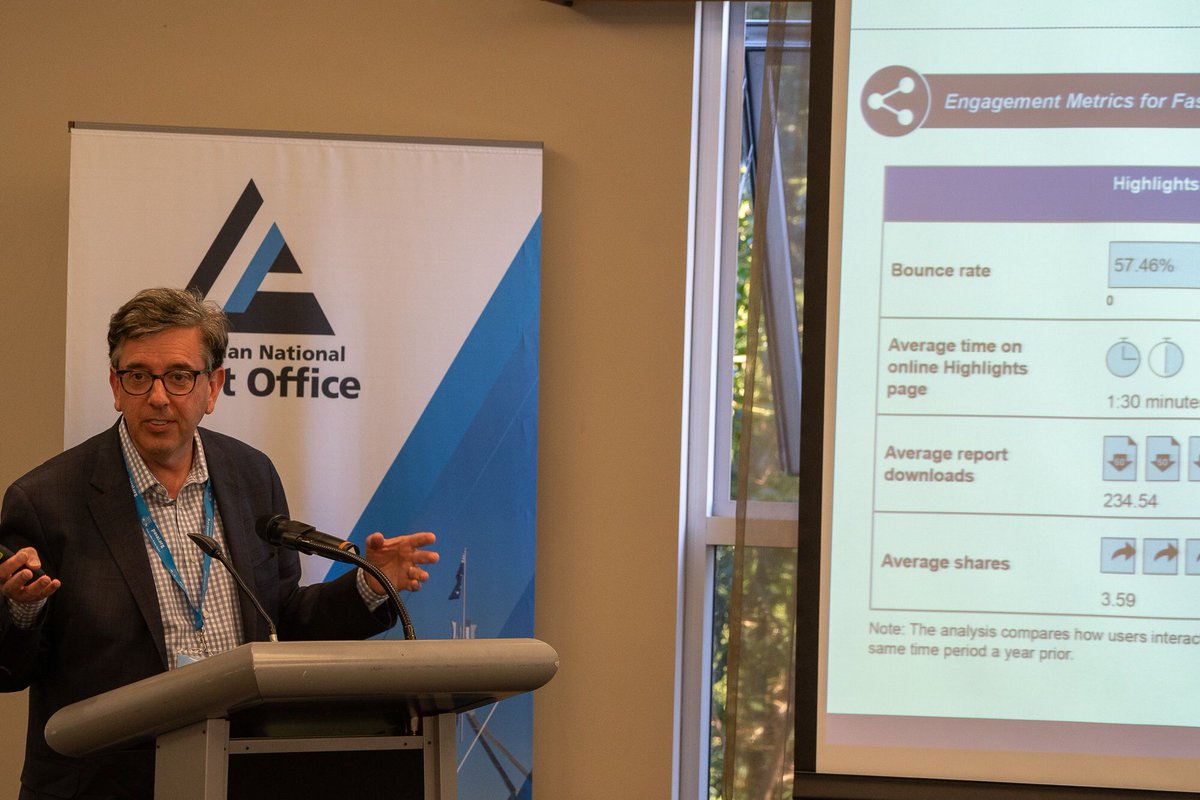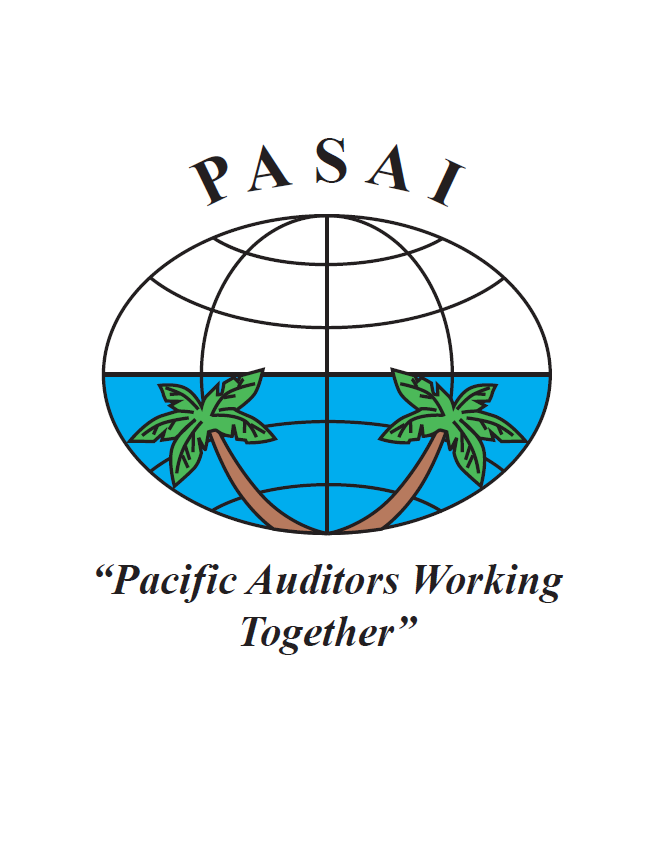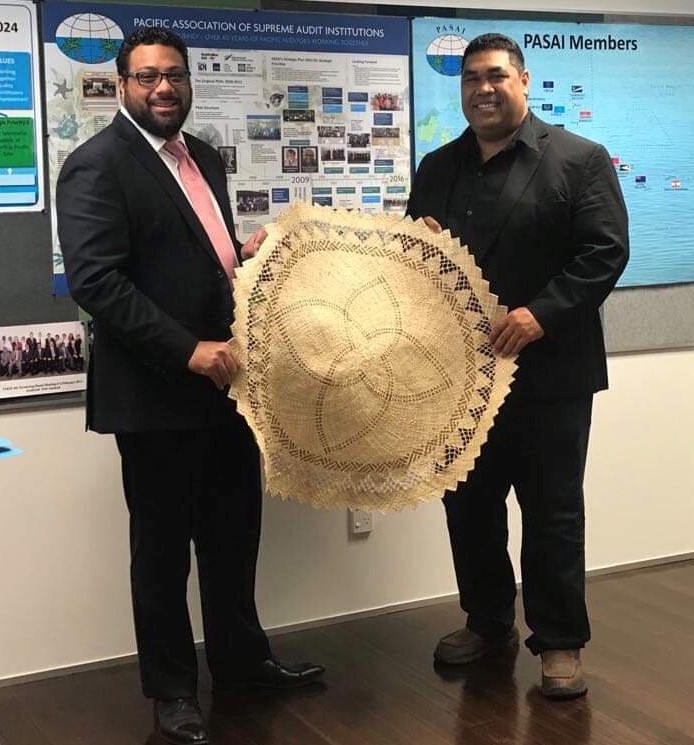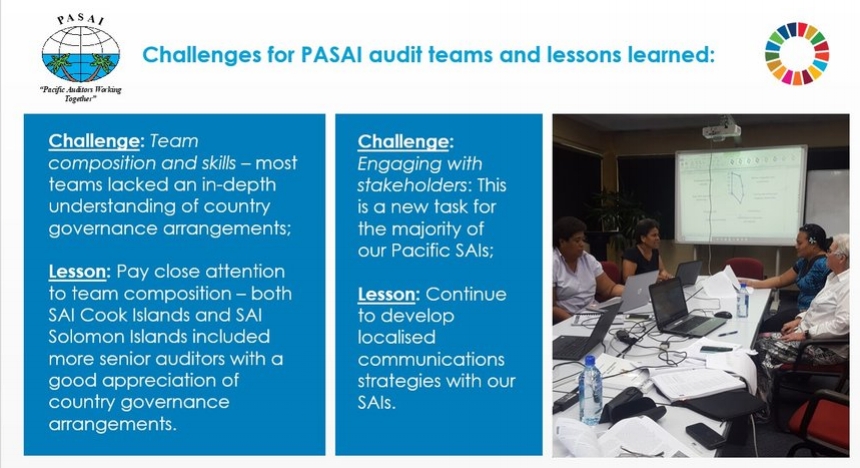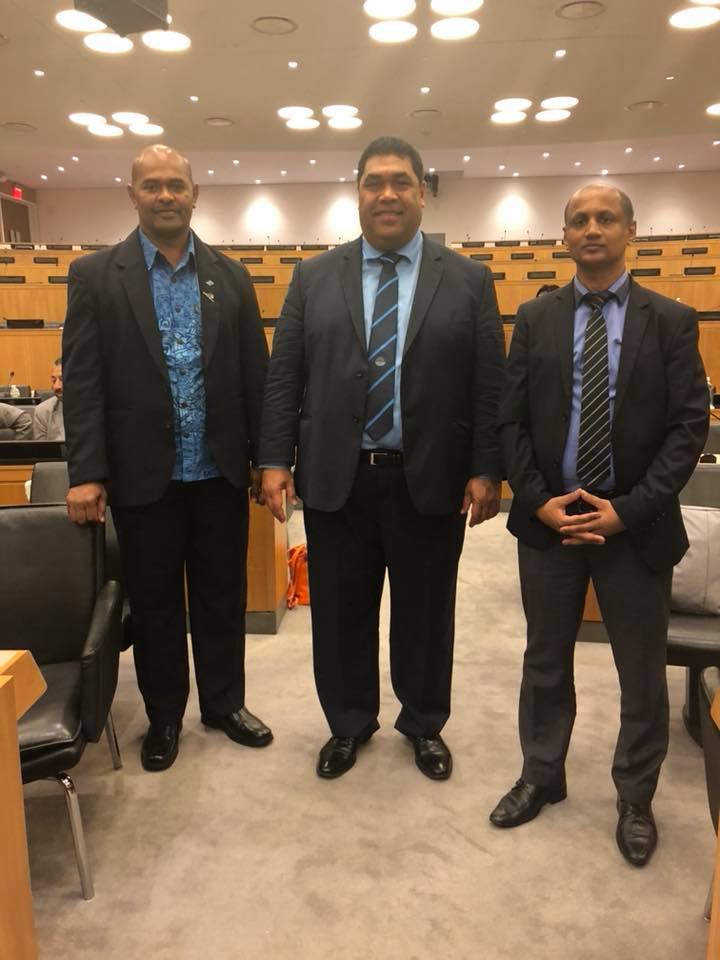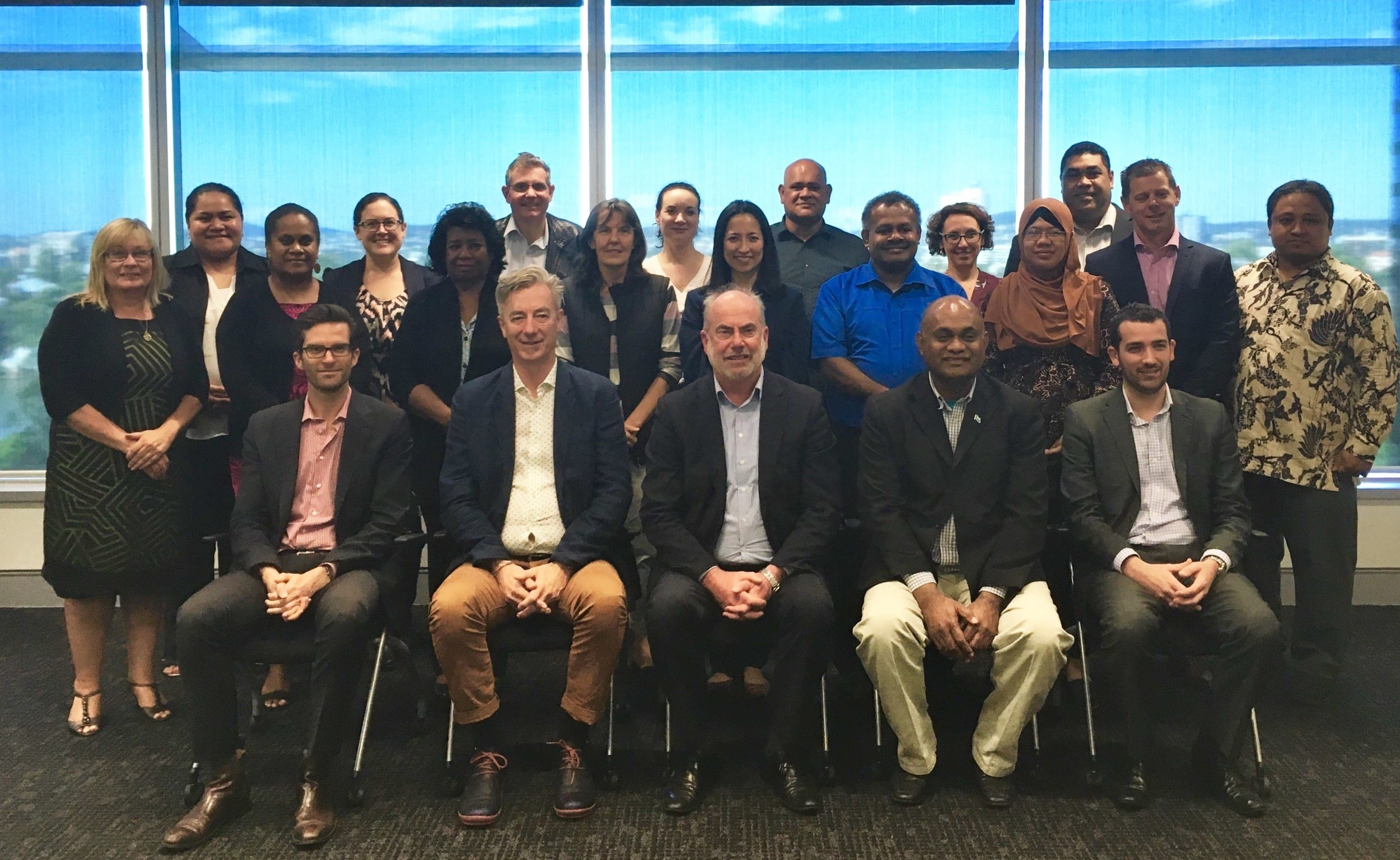Media Release
19 November 2018
PASAI/IDI’s high quality workshop in Vanuatu
Port Vila, Vanuatu: The Pacific Association of Supreme Audit Institutions (PASAI) and the INTOSAI Development Initiative (IDI) teamed up this week to deliver a Quality Assurance (QA) Regional Workshop for their member Supreme Audit Institutions (SAIs) in the South Pacific, launching phase 1 of the drive to improve and enhance high quality audits conducted in the Pacific Region. Co-hosted with the Vanuatu National Audit Office, the workshop has run from 12 to 16 November 2018 in Port Vila, Vanuatu at Holiday Inn Resort.
A major challenge faced by Pacific SAIs is the consistent delivery of high quality audits. The quality of a SAI’s work affects their reputation and credibility, and as PASAI aims to strengthen SAIs to ultimately make a difference in the lives of citizens, Strategic Priority 3 of PASAI’s Strategic Plan 2014/2024 is dedicated to supporting high quality audits. For these to be achieved, an effective system of quality control needs to be built into each SAI’s strategy, culture, policies and procedures.
The objective of this workshop is to develop a pool of QA reviewers to strengthen the QA mechanism and peer review process of SAIs in the PASAI region. In the hands of a highly professional team of facilitators from IDI, PASAI Secretariat, SAI Fiji, SAI Tonga, SAI Samoa and SAI New Zealand, 17 participants attending the workshop from Fiji, PNG, Samoa, Solomon Islands, Nauru, Tonga, Tuvalu, and Vanuatu received guidance on how to conduct quality assurance reviews. The high-level workshop program included exercises, quizzes, classroom lectures and practice in applying a QA tool for the three audit streams – Financial, Compliance and Performance.
‘Good governance is important,’ emphasised the Chairman of the Vanuatu Public Accounts Committee, Hon Ephraim Kalsakau, in his opening remarks. Furthermore, good governance must cascade down from the ‘tone at the top’, as demonstrated by Caleb Sandy, Auditor General of Vanuatu, who was appointed only recently in 2017 and attended the whole event. “My purpose of sitting in the workshop is to determine how quality assurance is inserted into the functions of an audit.”
Feedback from all parties has been extremely positive. Closing the workshop, Mr Clinton Pobke, Program Director of the DFAT FUNDED program Governance for Growth (GFG), highlighted that he has now understood the importance of SAIs, stating: ‘Audit is integral to the entire PFM system’.
As this high-impact workshop moves into the next stage, PASAI acknowledges the great collaborative partnership with IDI, in particular Capacity Development Manager Shofiqul Islam, who has worked closely with the PASAI Region to help in the strategic priority of achieving high quality audits.
Download the media release here
For more photos from this event, go to the QA Workshop photo gallery in our 2018 album.
For more information, please contact PASAI’s Communications Advisor on jill.marshall@pasai.org
Back Row L-R: IDI Capacity Manager MD Shofiqul Islam, Morina Faasisila SAI Samoa, Fatafehi Taumohoha’apai SAI Tonga, Meresimani Vosawale SAI Fiji, Nick Johnston NZ OAG
Front Row L-R: A’eau Agnes Aruwafu, PASAI Director Technical Support; Chairman of PAC Vanuatu, Hon Ephraim Kalsakau; Vanuatu Auditor-General, Mr Caleb Sandy and Mrs Sina Palamo-Iosefo, PASAI Director Practice Development
Delegates from PNG and Solomon Islands
Participants from Solomon Islands, Vanuatu, Samoa, Nauru and Tuvalu












